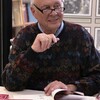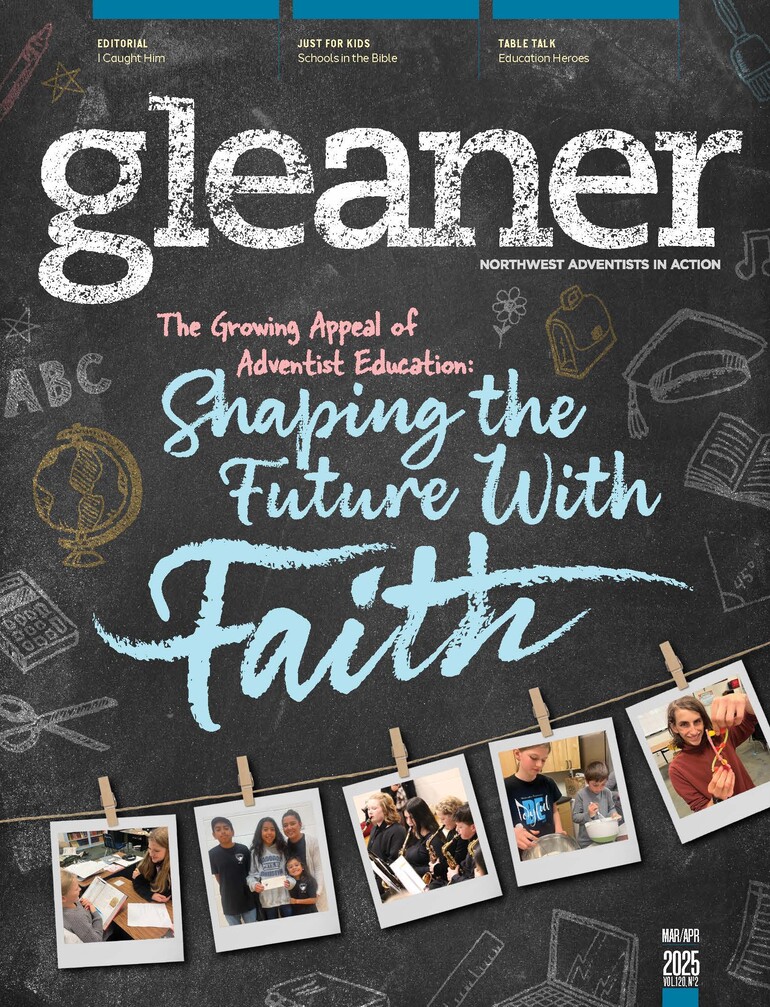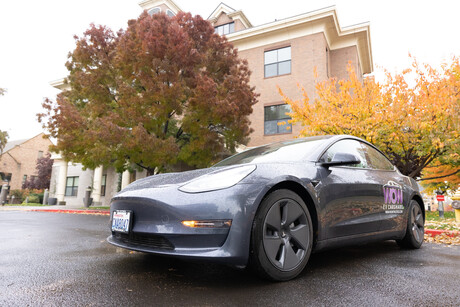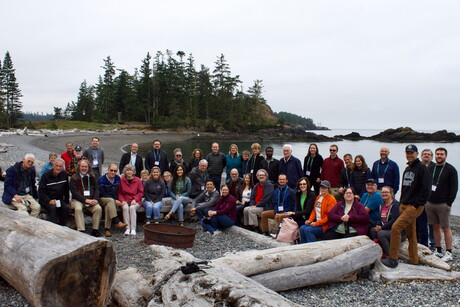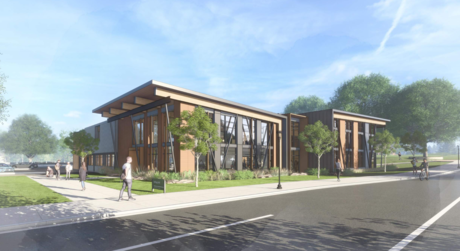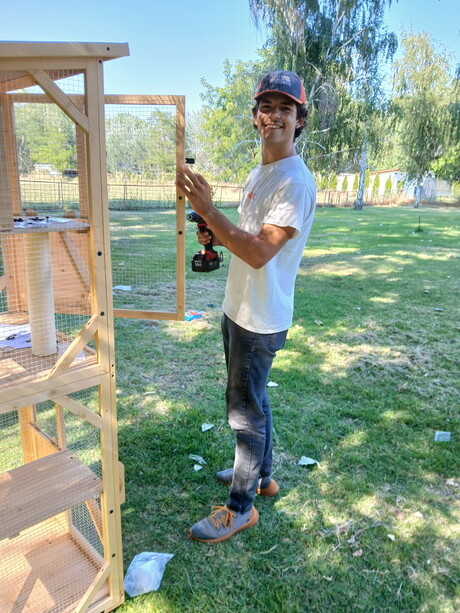Engineers are known for solving the world’s biggest problems creatively. To help student engineers develop these professional skills, Walla Walla University's Edward F. Cross School of Engineering insists on hands-on learning for every student every year of their studies.
WWU student engineers complete projects designed to strengthen active problem-solving skills and apply theoretical knowledge to real-world scenarios. For example, first-year engineering students are developing printed circuit boards necessary for a laser tag game or computer modeling objects in their introduction to CAD class. In addition, engineering seniors are developing significant capstone projects, many using the school’s well-developed laboratories.
Students especially enjoy the 18 first-rate engineering laboratories specialized in digital electronics, biomaterials, fluids, flight, 3D printing, robotics, electromechanical energy conversion and more. But there’s more to it than fun — engineering classes use these spaces to bring coursework to life. Through their hands-on projects, students are encouraged to discover the implications and applications of the concepts taught in classes.
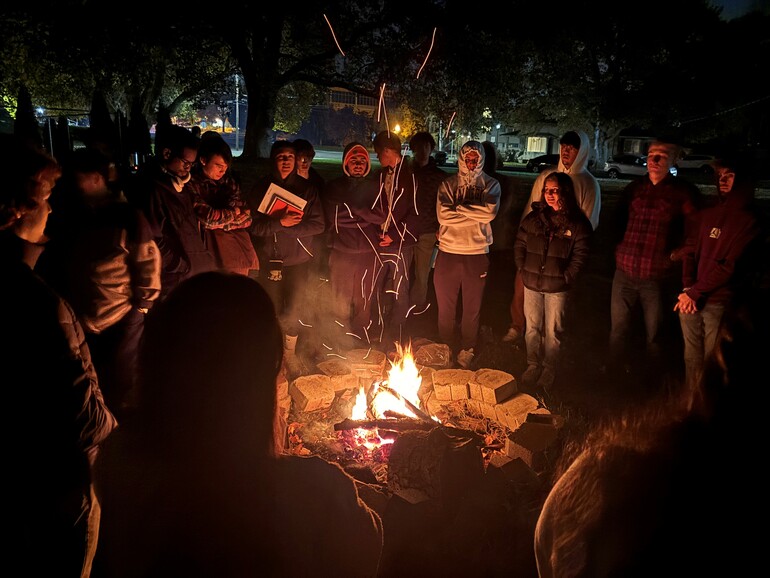
Engineering students organize regular vespers bonfires where prayers and praise drift with the embers upward.
Discovery often happens better with others, and the School of Engineering’s curriculum compels student engineers to practice working in teams. Believing that students learn better when a specifically designed team is in place to help them succeed, the School of Engineering has used a program in many labs called Catme, which helps create project teams based on student schedules and skill levels. Expert guidance from professional engineers-turned-professors with decades of field experience boosts this robust focus on teamwork.
This emphasis on teamwork spills into life outside the classroom as well. A vibrant Christian campus at WWU means engineering students have a plethora of options for building close connections with their peers. Beyond music ensembles, spiritual programs and intramural sports that are open to all WWU students, budding engineers can also attend fire-side vespers organized by engineering students or participate in the six engineering-focused clubs on campus. The Engineers Without Borders club focuses on volunteering and using engineering skills in support of humanitarian projects.
This year, EWB has an international and a local project: A team is working to provide clean water infrastructure to a village in Tanzania and another is building Internet of Things devices to help a local nonprofit animal shelter complete daily tasks. Recently, the club hosted concrete-making workshops to learn about the theory behind a good concrete structure, how to make one by mixing and pouring concrete, and how to analyze a concrete beam.

Professors work closely with students in labs to bring complex engineering topics to life.
Carena Tomas, EWB member, said she learned all about the different types of rebar and the effects of its various configurations within concrete. The concrete beams were left to cure for a few weeks before the EWB members met back up to test their reinforced concrete beams and watch them get crushed. As a commonly used building material, understanding how to work with and properly utilize concrete can be a very important skill.
“Our School of Engineering is stronger and more innovative because of the instructors who invest in our top-tier laboratories and support student-run activities,” said Delvin Peterson, WWU School of Engineering dean. “It takes extra commitment and support for the aggressive hands-on learning approach, but we’re proud to continue that commitment into the future.”
To learn more about WWU’s exceptional Christian engineering program, visit wallawalla.edu/engineering.
